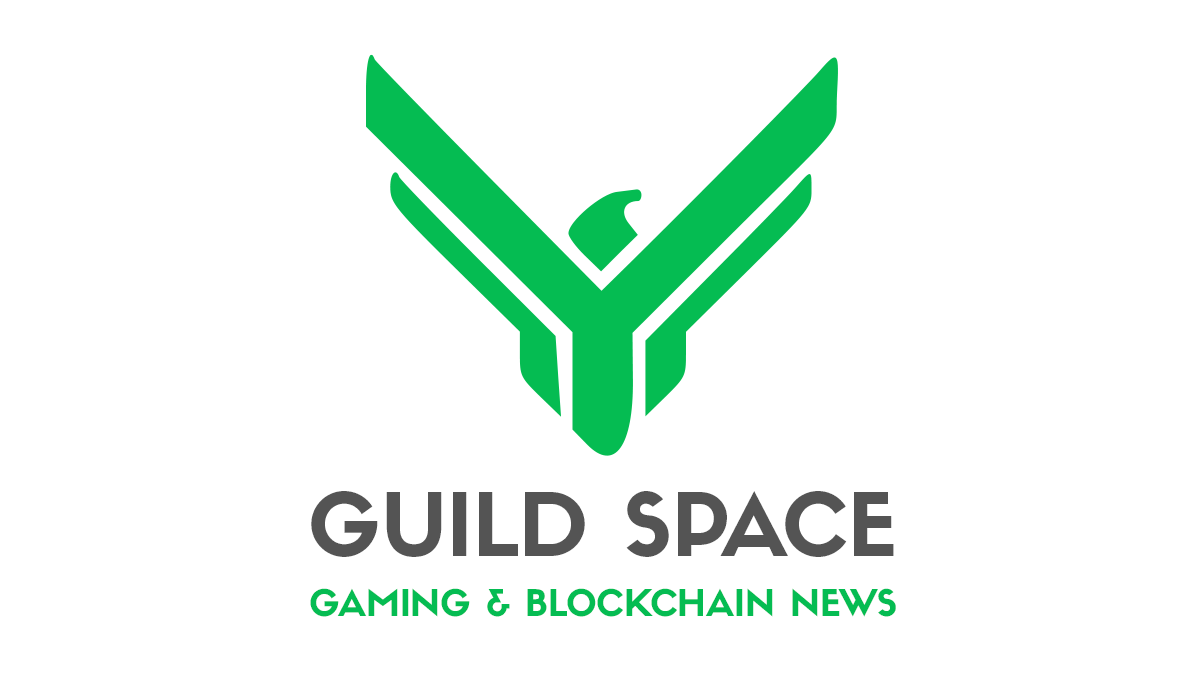Application of Blockchain Technology in Healthcare


Blockchain technology has been gaining increasing attention in various fields, including healthcare, in recent years. A distributed database that can store and transmit information without the need for centralized control, blockchain has the potential to solve many of the problems in healthcare related to the security and confidentiality of medical data and also reduce the costs of managing healthcare.
One of the main advantages of blockchain technology is its ability to create decentralized systems for managing medical data. Each patient can have a unique identifier, and their medical data will be stored in the blockchain system. This allows doctors and medical institutions to access the data only with the patient’s permission, ensuring the security and confidentiality of medical data.
Another area where blockchain can be useful in healthcare is in the management of medical payments. Blockchain can create unique identifiers for each transaction, which helps reduce the risks of fraud and errors in payment management. Blockchain can also automate the process of paying insurance premiums and managing their distribution.
Control over the origin of medical products, such as drugs and medical devices, is another area where blockchain can be applied in healthcare. Each product can have a unique identifier that will be tracked at every stage of production, storage, and delivery, helping to identify and eliminate problems with product quality and prevent counterfeiting.
Blockchain can also support medical research by creating a transparent and secure system for sharing medical data. Researchers can access this data only with the permission of the patient, ensuring the privacy and confidentiality of the medical data. This can help accelerate medical research and development of new treatments.
While blockchain technology offers many advantages in healthcare, there are also challenges to its implementation, including high costs and scalability issues. However, with continued development and improvement, blockchain technology has the potential to revolutionize the healthcare industry and make it more efficient, secure, and accessible to all.
Recent Posts
How to Manage an Online Community: Best Practices for Success
In today's digital age, online communities have become a pivotal aspect of brand building, marketing, and fostering user engagement. Proper…
The Future Smart Home: Automation, Energy Efficiency & Next-gen Technologies
Automation, Energy Efficiency, and Cutting-edge Technologies in Domestic Management. 1. Introduction In today's world, technology continues to become more integrated…
Building an Online Community: A Step-by-Step Guide
In today's digital age, online communities have become hubs for knowledge exchange, shared interests, and camaraderie. If you're thinking of…
Blockchain’s Revolution in Real Estate: Ushering in Transparency
Blockchain, originally known as the backbone technology of cryptocurrencies, holds potential far beyond the financial sector. One such area where…
Leveraging Graph Databases for Complex Data Structure Analysis: An Overview of Benefits and Application Methods
The contemporary data landscape is ever-expanding and becoming more intricate, and conventional analysis tools and methods often fall short in…
Leveraging Quantum Computers in Scientific Research: A Revolution in the World of Science
The emergence of the first working prototypes of quantum computers signaled a new era of scientific exploration. With a fundamentally…